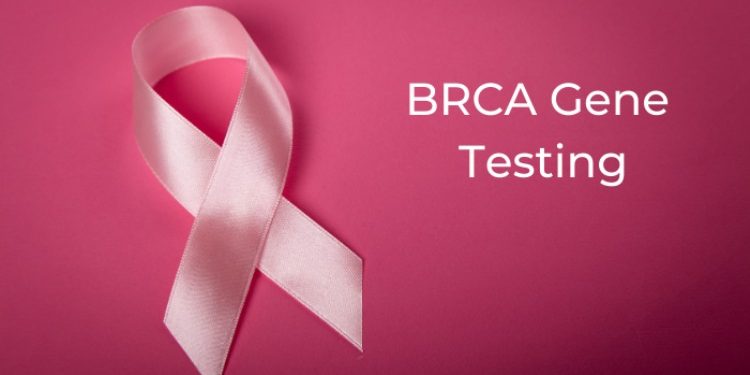The BRCA Gene Test is a DNA test that uses DNA analysis to specifically identify harmful genetic changes (mutations) within one of your two breast cancer risk genes, the BRCA. Those who are genetically predisposed to cancer have a higher risk than those who are not. People who are carriers of defective genes have a life expectancy much shorter than normal. Women, who may have an additional breast cancer risk gene other than the BRCA, also carry a risk factor for ovarian cancer. Men, who may have a second risk gene called the ROR gene, carry greater risk for both types of cancer.
Women with BRCA Gene Testing positive for ovarian cancer risk have significantly shorter life expectancies than women with a non-BRCA breast cancer risk gene set. Life expectancy after the first cancer treatment is three to four years. Treatment of this type of cancer usually involves radical surgery and hormonal therapy. In most cases, radiation and chemotherapy are administered along with surgery. A negative result on the BRCA1/BRCA2 blood tests indicates that a woman has additional risk factors for this type of cancer, especially when the tumors grow very large.
Those who may have additional risk factors include carriers of the ROR gene mutation who are also at increased risk for ovarian cancer and pancreatic cancer. If a positive response is obtained from BRCA1/BRCA2 blood tests, a person may be considered at high risk for ovarian cancer or pancreatic cancer. This is determined by the fact that the tumors grow very slowly. This is also determined by the absence of symptoms in early detection.
Women with a positive BRCA test result but no family history of breast cancers should not be worried about their health. This is because ovarian and pancreatic cancer often appears in the absence of family history. It is also possible that a positive response to BRCA gene testing indicates a positive reaction to a different gene, such as those found in the breast or prostate. There is a high-risk factor for some types of cancer in relatives. For example, it is possible that someone in your family may be at risk for prostate cancer or breast cancer.
Women with positive results for BRCA gene testing can be diagnosed with Stage I or Stage IV breast cancer. Stage I is associated with early detection, but Stage IV involves more advanced treatment options. A woman who has Stage I breast cancer and a positive response to the BRCA test should contact her doctor immediately. She should also get herself scheduled for further testing.
When women with Stage IV ovarian cancer are diagnosed with BRCA testing, they may still have some healthy options. They should discuss these options with their oncologist. The oncologist may recommend that the patient consider alternative treatments. Alternatives to traditional treatment include:
A breast biopsy usually determines if the BRCA testing is correct. In the event that the breast biopsy shows a significant parenthesis or if the blood test results in the presence of an elevated pendant, your doctor will ask you to obtain a mammogram. These tests are usually done before your doctor makes a decision about surgery. In the event that your doctor determines that the blood test results indicate that you do not have the condition indicated by the pendant, he will likely refer you to a urologist for surgery.
After you are diagnosed with breast or ovarian cancer, you should discuss whether or not BRCA testing is right for you. If you decide that it is necessary for you to undergo this type of DNA testing, your next step should be determining if you are eligible for coverage. Generally, insurance companies do not pay for BRCA testing unless the patient has a family history of the disease. Also, if you suffer from an inherited health condition that has been passed down through your family, you cannot get the testing done. Last, but not least, if you suffer from diabetes, you cannot use the testing to prove or disprove the existence of your condition. It is recommended that patients who suffer from diabetes and have been treated with insulin for a period of time are given a blood test to determine the presence of diabetes.






























